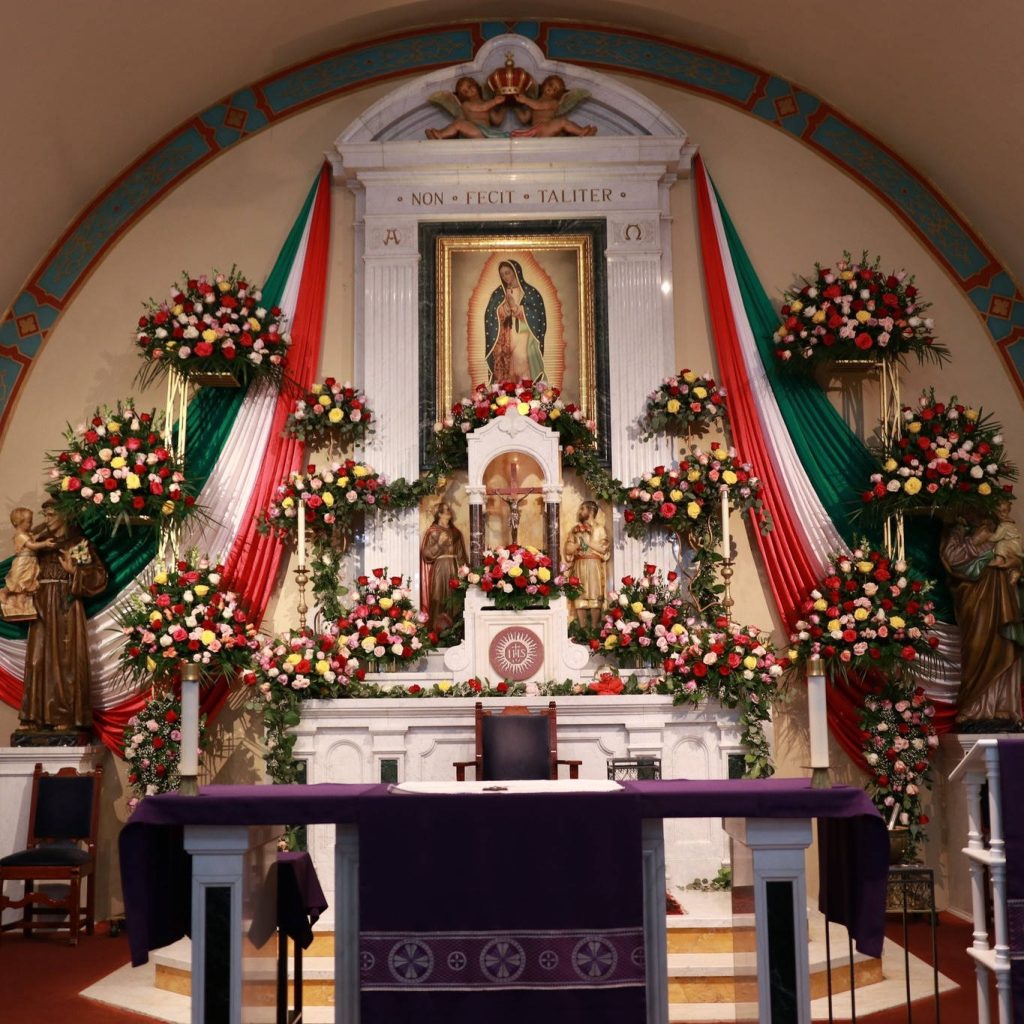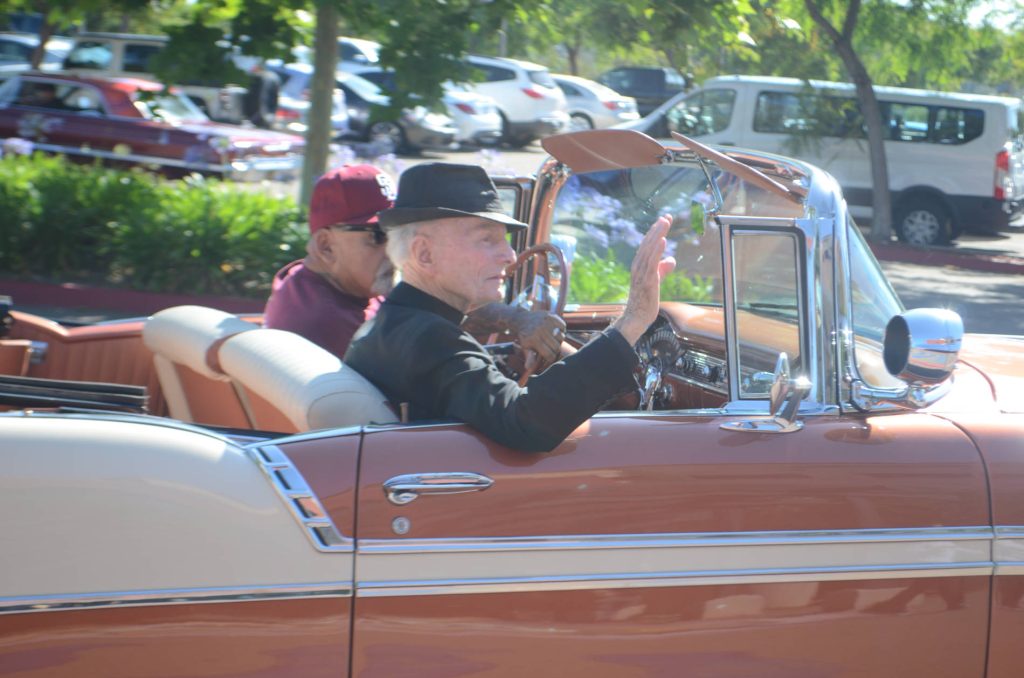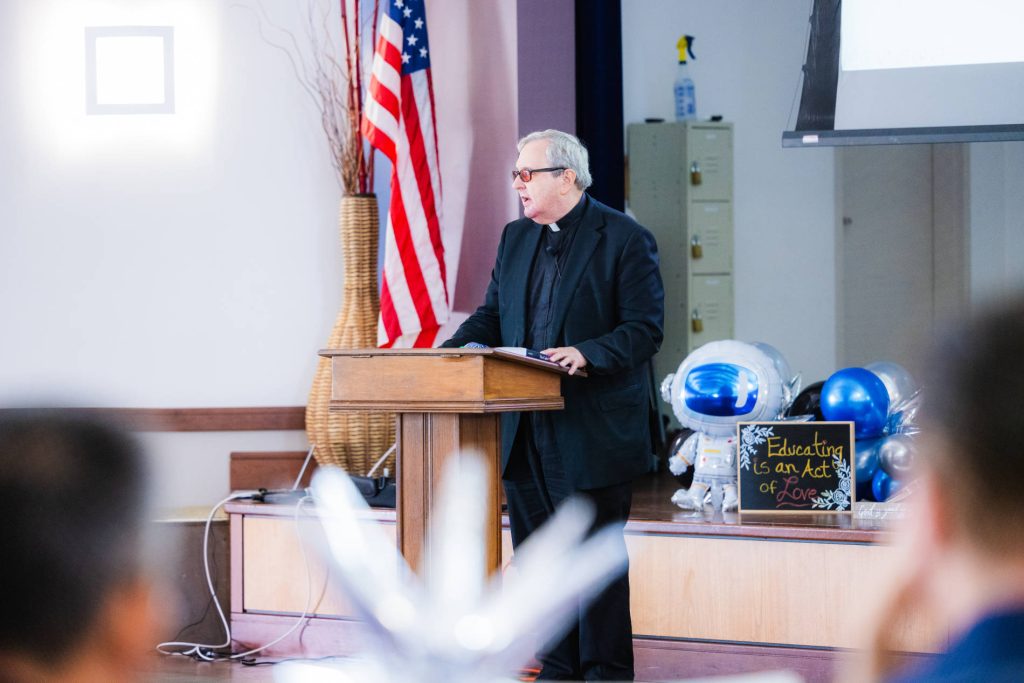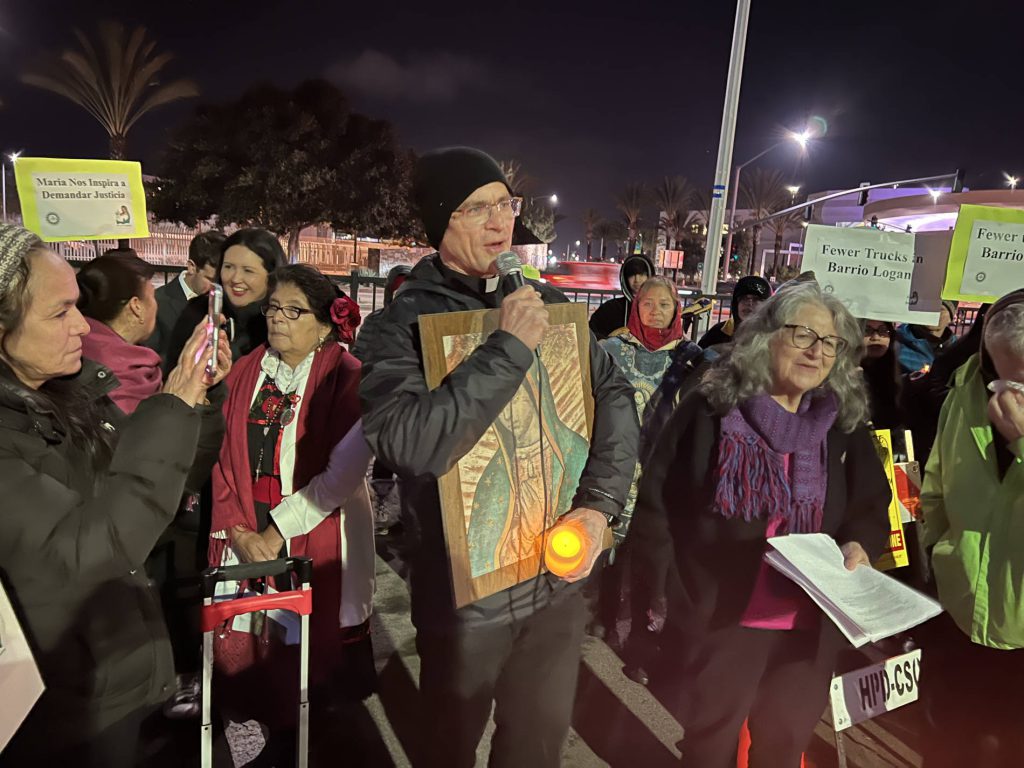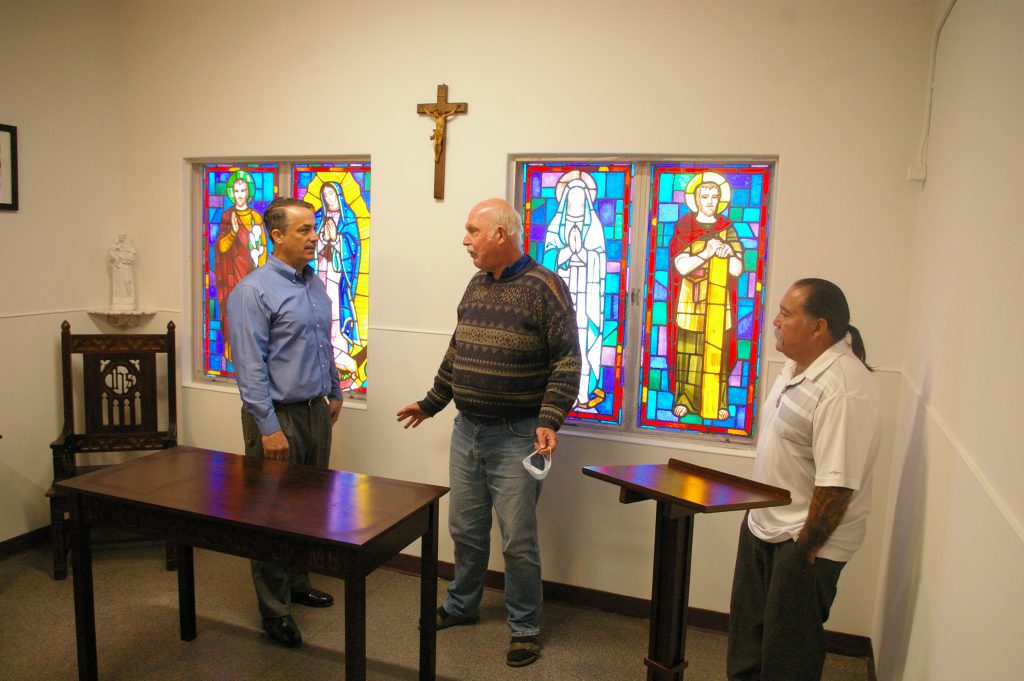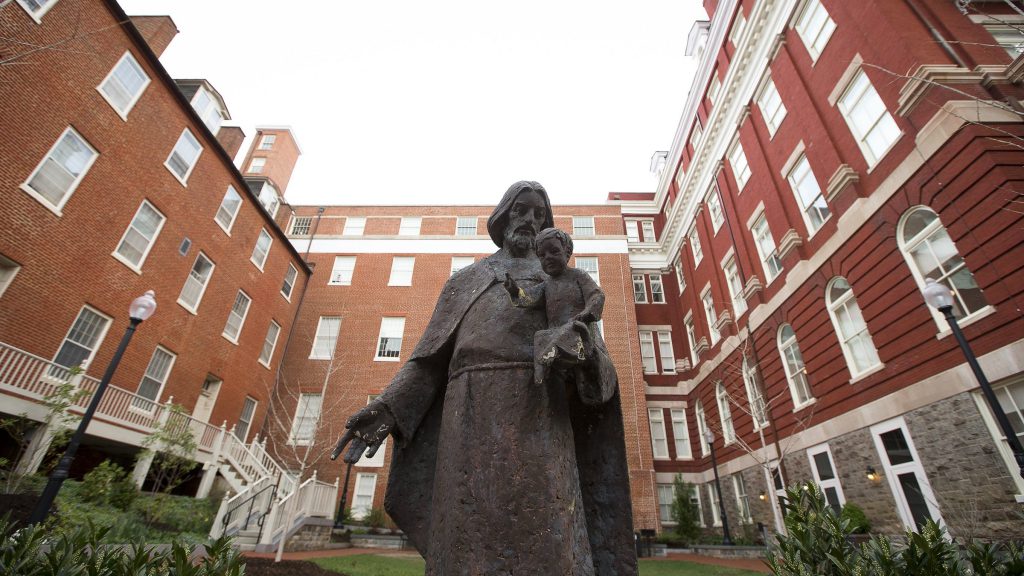SAN DIEGO — It’s February, a month dominated by the celebration of Valentine’s Day.
Jesuit Father Michael Ravenkamp’s ministry has given him unique insight on the subject of love and marriage.
Father Ravenkamp, 69, works in the diocesan tribunal, a Church court that considers the cases of Catholics seeking annulments. His role is “defender of the bond,” offering arguments for why a particular marriage should be considered valid and a declaration of nullity should not be granted.
A Jesuit since 1981 and a priest for 26 years, Father Ravenkamp is also involved with the weekend programs Engaged Encounter, for couples preparing for marriage; Marriage Encounter, for couples seeking to enrich their marriage; and Retrouvaille, for couples who need help healing a deeply troubled marriage.
Question: When did you recognize a call to priesthood?
Answer: Growing up in the Sixties, the civil rights and peace movements convinced me of the truth of Christianity. I became certain that, somehow, in some way, God was present in history.
Although I had wanted to be a history teacher, seeing that as the most noble thing that I could aspire to, I asked God, “What do You want from me?” I heard a voice in my head saying, “Be a priest.”
I thought, “What? A priest? Oh no!” Like any other young man, I was interested in wine, women and song – and adventure. I thought priesthood would be the antithesis of that. But something happened, and I became more peaceful with the idea.
After college, I told my father that I thought I wanted to be a priest. Pop advised me to go to our parish and talk to the pastor. I asked the pastor if he thought I had a vocation, and he said, “Where there’s smoke, there’s fire.”
The following year, I attended a Jesuit-led men’s retreat. I had a vivid experience of the love of Christ Crucified for me. It was like I was being bathed in the blood of Christ. I thought, “God, why did You undergo such suffering?” And I heard God’s voice saying, “Because I love you.”
From that point on, I was sold on being a Jesuit.
How did you come to be involved in marriage-related programs?
I got involved with Engaged Encounter about a year after my ordination, when the pastor at my first parish assignment asked if I wanted to participate in one of the weekends. Kind of flippantly, I asked him what a priest had to say that would be of even remote interest to anyone contemplating marriage. The pastor urged me to experience the weekend for myself.
I was just blown away and realized that the commitments that married couples make to each other before God are very similar to those that priests make before God and the Church. When I returned to the parish, as tired as I was from the weekend, all I could do was talk about it. I kept the pastor up until after 11 that night.
My involvement with Marriage Encounter and Retrouvaille started after I came to San Diego in 2014 and began my work with the tribunal. Not having a parish assignment, I knew I needed something to do on the weekends. After all, I didn’t get ordained just to push paper around.
Why are you so passionate about these programs?
Tribunal work can be a depressing occupation, reading these annulment case reports. But when I go to one of these weekends, listening to the talks of the presenters and hearing the stories of the other participants, I’m filled with hope about marriage.
I once met a presenter couple at a Retrouvaille weekend in Owensboro, Ky. The wife had a bad cold and her husband doted on her, serving her meals in bed and making sure that she got the medicine she needed. When he was away from her, the way he talked about her was so endearing.
But, in their talks that weekend, the couple shared how troubled their marriage once was. They had been alcoholics and engaged in violence. She would throw things at him, and he would try to strangle her; the police were at their house almost every night. With the help of Retrouvaille, they turned that relationship around.
When my parents got married in the early fifties, they didn’t have programs like Engaged Encounter; couples were pretty much on their own. Five-hundred years in the future, when historians write about our time, I think they’ll point to these sorts of ministries as a significant step forward in the Church’s own development and in contributing to the overall good of society.
What can couples do to prevent their marriage from becoming one of the annulment cases that lands on your desk?
Be aware of yourself. Why are you interested in this person? Is it just because of looks, or is there something more? Ask yourself: Am I willing to see God acting in this person? Am I willing to have children with this person? Am I willing to work for his or her salvation and let him or her work for mine? If the answer is no, you’d better not marry that person.
Any final insights on the subject of marriage?
The Wedding Feast at Cana, where Jesus turned water into wine, is one of my favorite Gospel stories.
Marriages were a big thing in the Jewish culture in which Jesus lived, and people were expected to stop whatever they were doing and enjoy the wedding feast. But, even if money were no object, we know we can’t party every day. We’re not emotionally built to be “living it up” all the time.
Sometimes, when you’re just relaxing at home with your nearest and dearest, maybe just watching TV together, you might say, “Dearest, this was a pretty good day.” That humble water of day-to-day existence is transformed into wine, just with the goodness of being there together.




